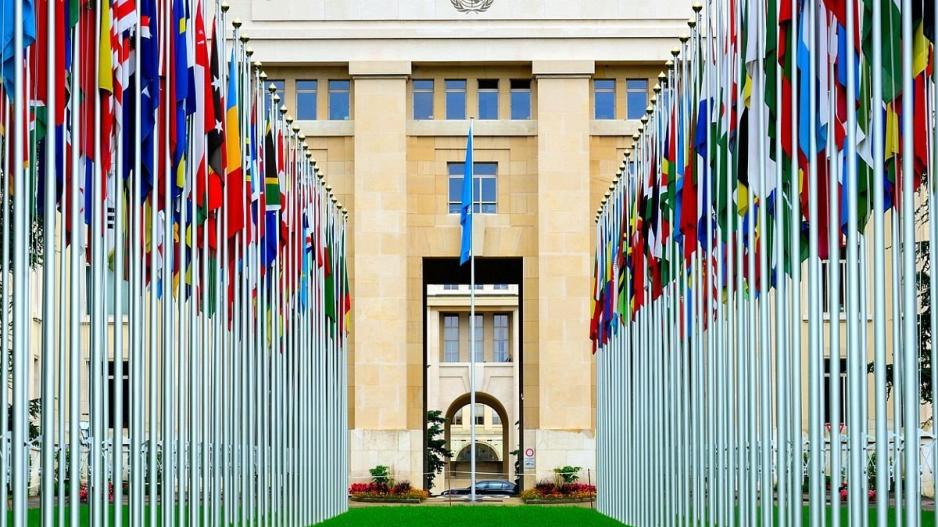Rising Debt Levels Threaten Economic Stability and Human Welfare, UN Study Finds
The public debt soared to a record-breaking $92 trillion in 2022 as governments borrowed to tackle crises like the COVID-19 pandemic. This mounting debt burden has had a profound impact on developing nations, according to a report released by the United Nations.
Over the past two decades, both domestic and external debt worldwide has surged by over five times, surpassing the pace of economic growth. Shockingly, the Gross Domestic Product (GDP) has merely tripled since 2002, underscoring the severity of the situation.
UN Secretary-General Antonio Guterres stressed the disparity between the seemingly unaffected markets and the suffering of people, particularly in the world's poorest countries. These nations are left with the impossible choice of servicing their debt or prioritizing the needs of their citizens.
Developing countries shoulder nearly 30% of the global public debt, with a substantial 70% originating from China, India, and Brazil. A concerning 59 developing nations face a debt-to-GDP ratio surpassing the 60% threshold, signaling alarmingly high levels of indebtedness.
The report highlights that this debt translates into a considerable burden for developing nations due to limited access to financing, escalating borrowing costs, currency devaluations, and sluggish economic growth.
Moreover, the existing international financial architecture has proven inadequate and costly in granting developing countries access to necessary funding. The UN report notes that over 10% of revenues are allocated by 50 emerging economies worldwide solely to service their public debt interest.
Africa bears the brunt of this crisis, with expenditures on interest payments surpassing allocations for crucial sectors like education and healthcare. Shockingly, 3.3 billion people reside in countries where more funds are channeled towards debt interest payments than public welfare.

The UN emphasizes the urgent need for multilateral lenders to expand their financing initiatives. This includes temporarily suspending International Monetary Fund (IMF) surcharges, which burden borrowers who rely extensively on credit lines, as well as providing increased financial assistance to countries grappling with debt problems.
Furthermore, the report calls for the establishment of a debt resolution mechanism to address the sluggish progress of the G20 Common Framework. While specifics regarding the operation of this mechanism are not provided, it is crucial to ensure effective debt relief efforts encompass non-Paris Club members like China.
In summary, the UN report highlights the alarming rise in global debt, with developing countries bearing the heaviest burden. Urgent actions are necessary to alleviate this crisis, including expanded financing options, debt relief measures, and the establishment of an effective debt resolution mechanism.






